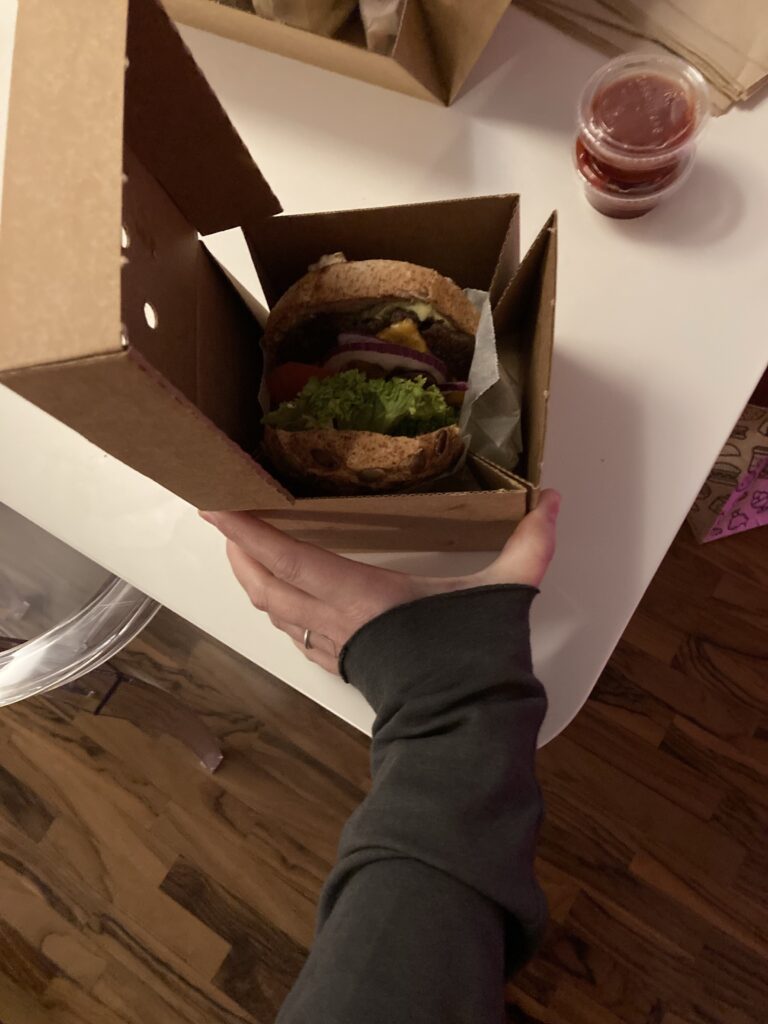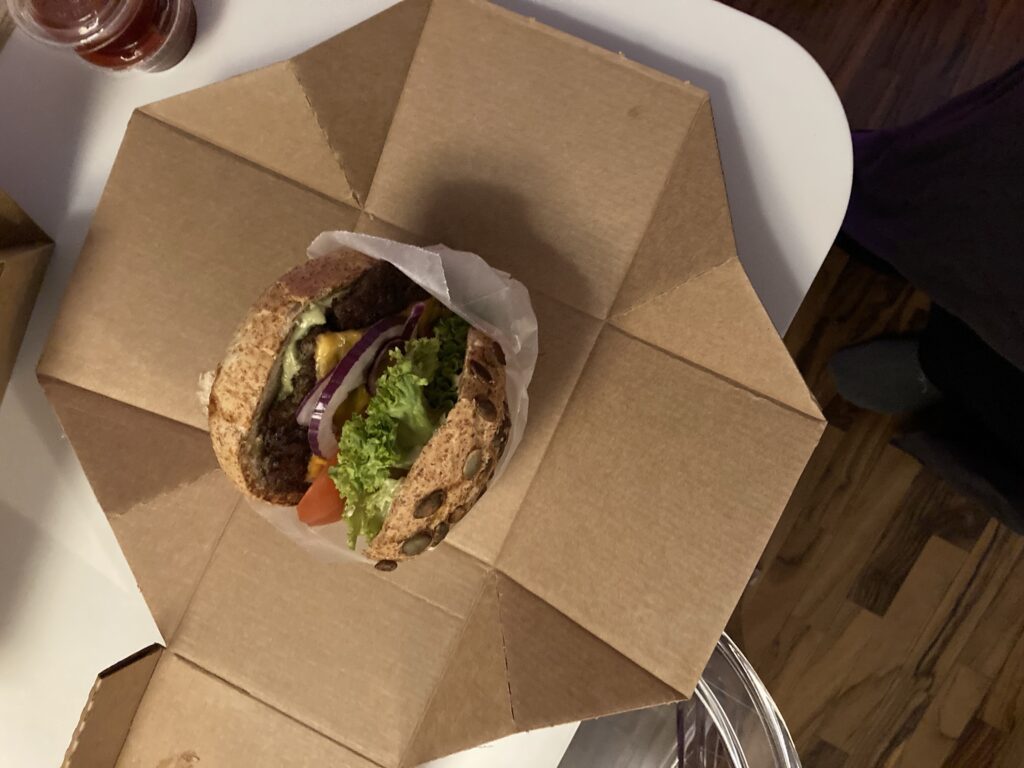I saw a headline about how Trump’s social media site is failing. I’ve got no idea if that’s true but the media likes the story. This is playing out in the context of Elon Musk using corporate governance as a public relations stunt with his new Twitter board seat. Everyone wants to be an attention grabbing technology company even former presidents and aerospace billionaires. Because even the stupid stunt stuff in tech can be world changing.
I’m at the big Bitcoin conference in Miami. It’s a lot but it’s not fundamentally any gaudier than any other industry event I’ve attended in twenty years being adjacent to startups. Before my current stint as an investor I worked in fashion and beauty so I’ve seen a lot of excess. M I was raised in a boom time Web1 startup family. But also my family went bankrupt. I’ve seen the dark sides. I still work in tech. Like Trump and Elon I too just want a piece of the action.
It’s because startups change the world. Even stupid weird dopey absolutely cult adjacent shit can and does change the world. All these prestige television takes on frauds and crashes and the cult of personality nonsense miss that sometimes those freaks actually do it. Sometimes they change the world. Ok most of the time they don’t. See the current unraveling of Fast. 99% of the time shit goes bad. But to have even a little bit of the action of the 1%. It’s fucking dazzling. It’s worth being adjacent to all the bullshit.
I hold in high esteem the folks who work at the flameouts. Anyone who takes a chance and has it go bad has my admiration. I’ve been one of them. I’ve failed a lot. I’m lucky I don’t get punished for it. At least not much. I’ll never know how much shit like my gender or my ridiculous social media personality factor into that shit. Because I am always allowed to get right back into the action and make shit. Making shit is our currency.
I think this is why even the most powerful people gravitate towards startups. You actually get to make shit. At the earliest stages you get to be personally responsible for so much. Your actions have meaning. You contribute. You know how rare that feeling of community and camaraderie is in peacetime?
It’s a commodity so precious we let ourselves be led by girl bosses and fast talking celebrity thought leader venture capitalists. We tolerate a lot of assholes and psychopaths so we can be in a community of people that make things. It’s the American dream and the most basic human need all rolled up into one.
That ought to give you a sense of the cultural power and vitality of startups. That’s loyalty on par with religion. That’s move history big dick energy. And I think some people hate it I find the hate inscrutable but I’m sure it’s probably legible to those who feel left outside.
So yes boom time early energy big money hanger on remoras are part of any thriving ecosystem. And as far as I can tell Bitcoin has the manna to go the distance. Because everyone wants a piece of the action.

